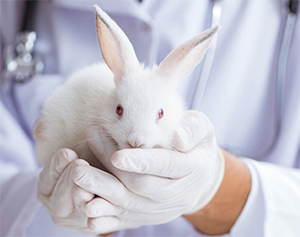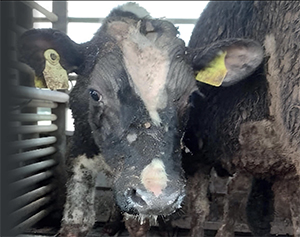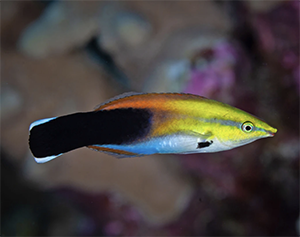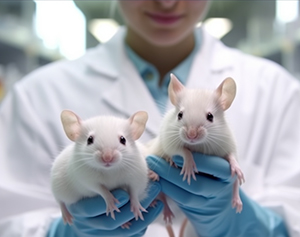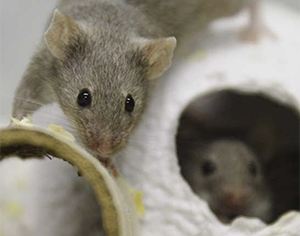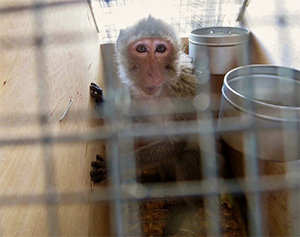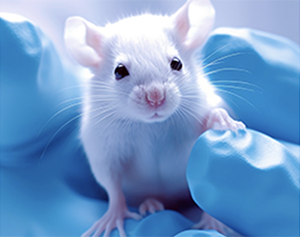Pyrogen detection is essential for ensuring the safety of parenteral medicines. For decades, the rabbit pyrogen test (RPT) has been the traditional method.
The RPT involves measuring the rise in body temperature in rabbits following intravenous injection of the substance to be examined.
Despite multiple efforts to encourage medicine developers to move away from the RPT, the test is still widely used to detect pyrogenic substances, consuming a large number of rabbits worldwide.


